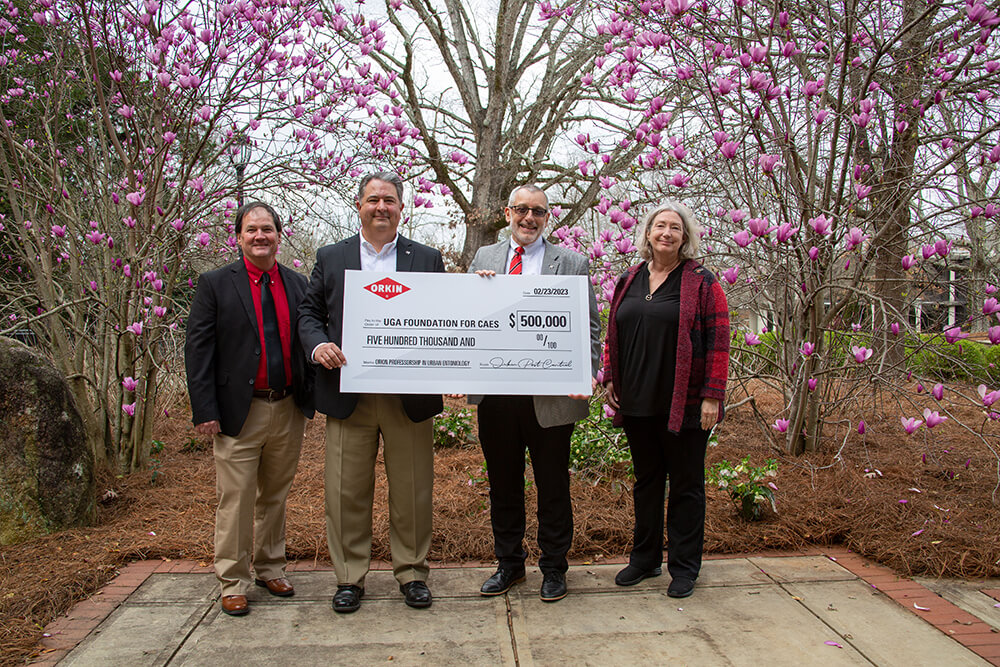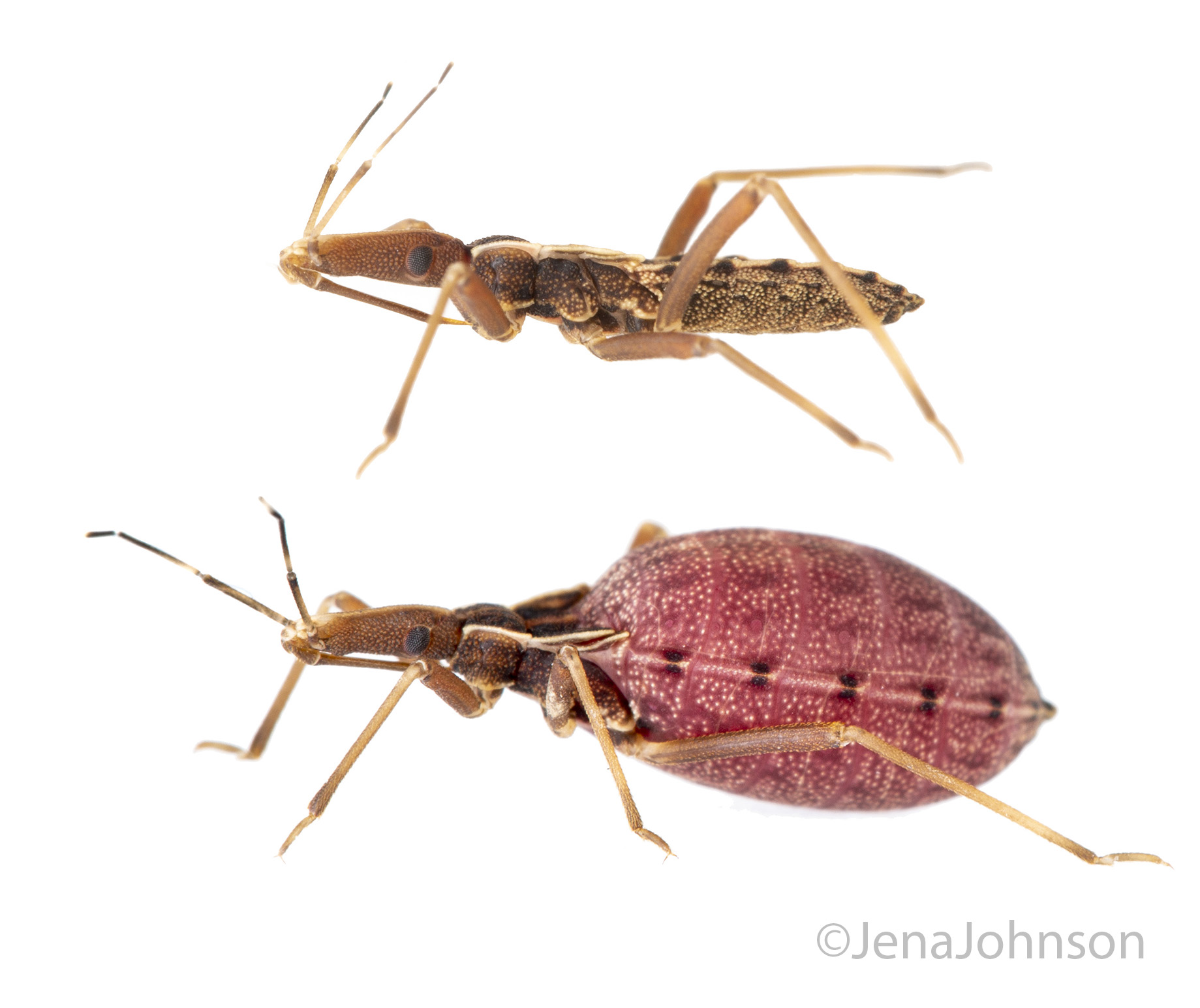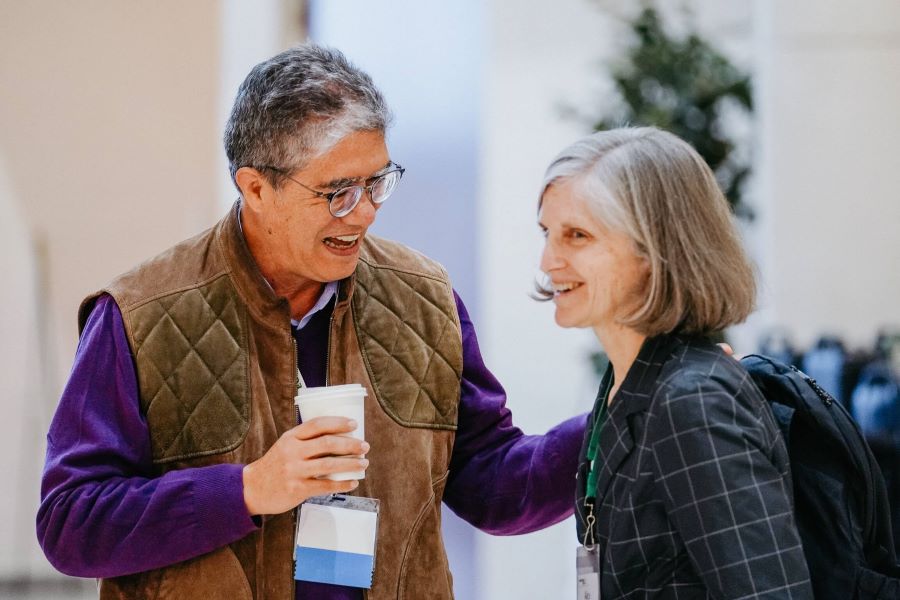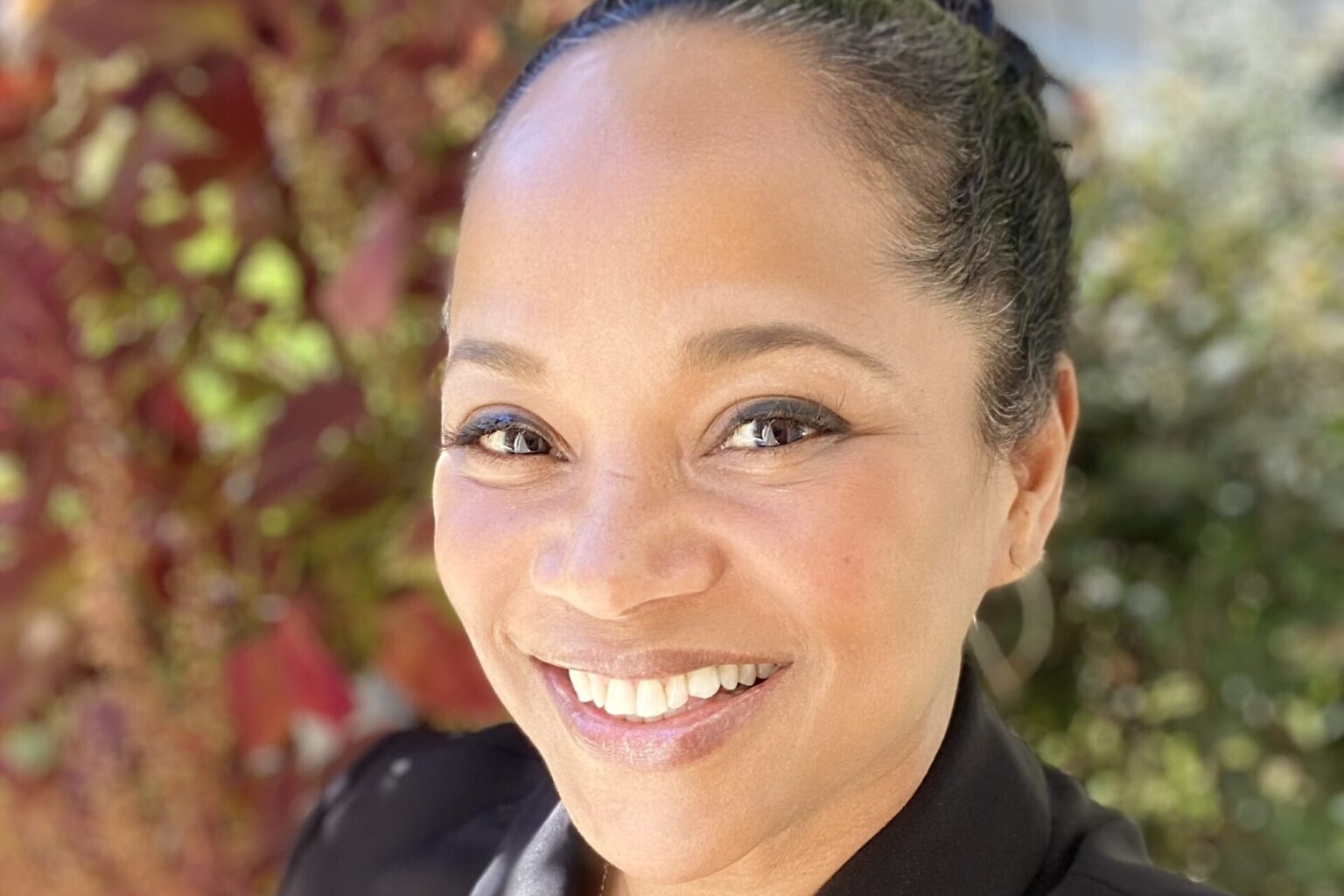 CAES News
CAES News
Orkin Partnership
Dan Suiter, University of Georgia Cooperative Extension entomologist and well-known expert in addressing the needs of pest control operators, has been named the Orkin Professor of Urban Entomology at UGA. Orkin, an industry leader in pest control services and protection, has created the endowment to help strengthen the entomology program in the UGA College of Agricultural and Environmental Sciences.



.jpg)
.jpg)


.jpg)
.jpeg)